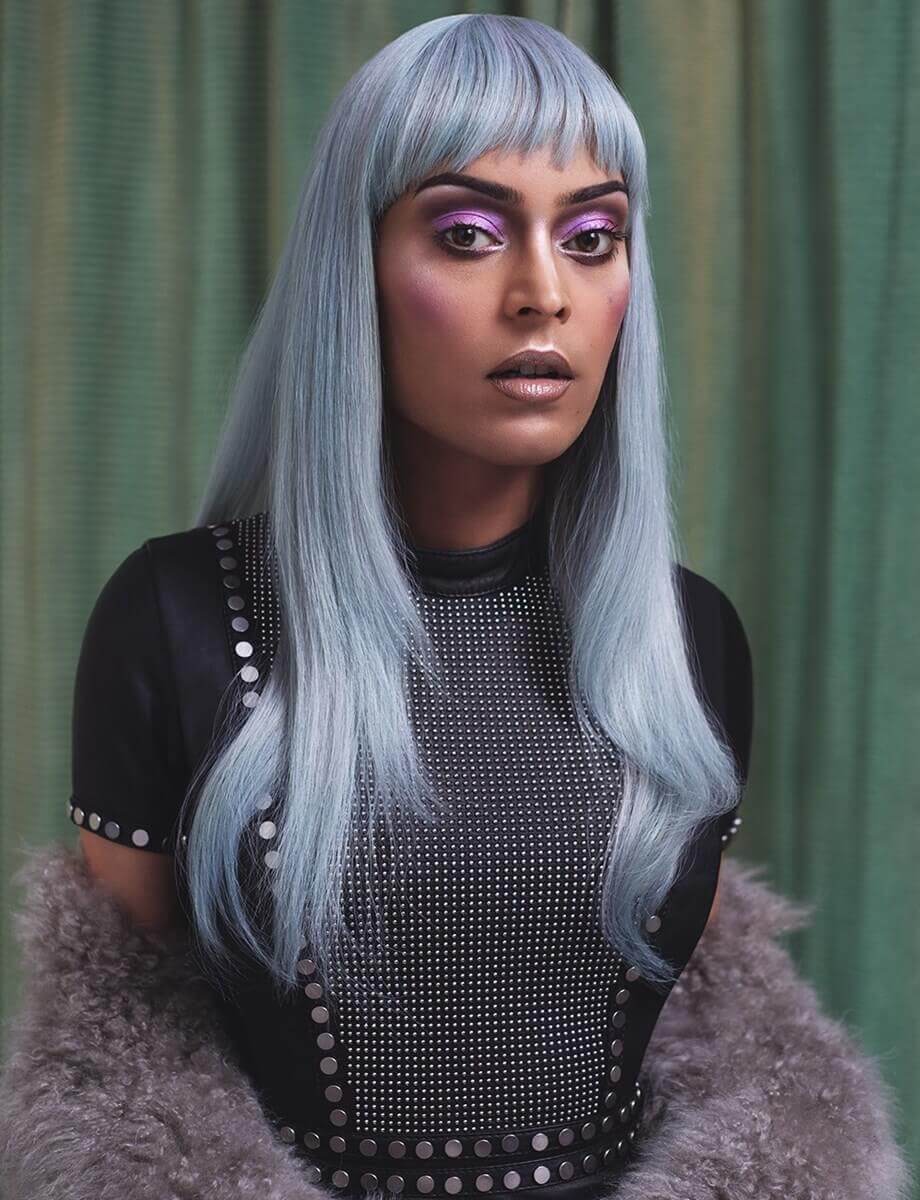Asifa Lahore
As part of our Pride series we are profiling a series of trans activists working in the UK right now. Here is… Asifa Lahore.
As part of our Pride series we are profiling a series of trans activists working in the UK right now. Here is… Asifa Lahore.

What does being a trans activist mean?
To be a trans activist is to be visible, getting your voice heard and standing up proudly.
How did you get into activism?
I didn’t choose it, it arose from frustration and lack of visibility and a yearning for wider representation. Being such a minority I couldn’t see myself reflected anywhere and it was this alienating feeling that galvanised me to stand up and be visible for all the intersectional identities I encompass.
Can you tell us about one of your greatest activism moments?
Coming out as transgender on YouTube was a powerful moment of transition - not just as someone in the limelight and adding to trans stories, but also as personal growth. To be able to feel comfortable to share and expose such a part of me was something that younger me would never have believed that I would be capable of.
And can you tell us about one of your worst activism moments?
Being thrust into the spotlight after the censorship of a question I asked on BBC Free Speech about homosexuality in Islam was overwhelming, particularly the death threats and racist vitriol that were menaced at myself and my family. The threats continue to this day but it only motivates me further.
Can you tell us a little about the landscape that trans people have to navigate right now in the UK?
The Guardian recently highlighted that trans hate crime has increased 81% in the U.K. For all our advances more still needs to be done to actually make trans people feel recognised and integrated. Many people worry about speaking out or just living their authentic lives for fear of harassment and this needs rectifying. POC [people of colour] and BAME [black, Asian and minority ethnicity] trans people in particular face daily hardships that the wider LGBT community don’t experience. Their hardships need highlighting and recognised, be it religious, socio-economic, cultural or community issues. Many people struggle with day to day hurdles such as which fitting room or toilet to use for fear of transphobia. That type of bigotry needs addressing.
How do you think change will come about?
The LGBT community as a whole can’t get complacent and give up now under the assumption that we are equal and the battle is now over – or worse, see trans issues as separate. If segments of the community are experiencing oppression or difficulties then it should be addressed and supported as a whole.
What can non-trans people do to support?
The importance of allies and the wider LGBT community realising that rights that have been long fought for can be quickly taken away is a lesson that we need to take to centre of our mission. Allies need to allow for trans voices to be heard and should use their position to engage for wider visibility.
The price of freedom is eternal vigilance and a quest for equality is not staying silent.
You can follow Asifa on her social media channels here:
Facebook: asifalahore
Instagram: @asifalahore
Twitter: @asifalahore
Subscribe now and we'll make sure you get the inside scoop on Ben & Jerry's fun and flavours! It's like dessert for your inbox, and you're going to want seconds.